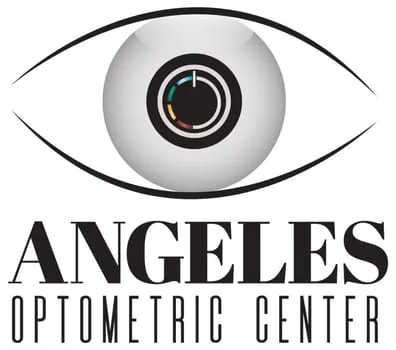
You've probably read an article or seen a news report about professional athletes who suffer from post-concussion syndrome. Many of these athletes experienced problems after repeated falls or blows to the head during their careers. Unfortunately, the problem doesn't just affect people who've had multiple concussions. Just one concussion can cause lingering problems, including headaches, dizziness and vision problems. Vision therapy offers an effective way to resolve these issues and relieve your unpleasant symptoms.
What is Post-Concussion Syndrome?
Concussions occur when a blow to the head jars your brain. The injury can alter the way your brain functions and affect the nerves that transmit signals from your eyes to your brain. Post-concussion syndrome symptoms usually develop about a week after your injury and can last a few months or even years. You don't have to lose consciousness to develop post-concussion syndrome. General symptoms of the syndrome include fatigue, anxiety, headaches, nausea, trouble concentrating and difficulty learning new information. If post-concussion syndrome affects your vision, you might have blurred vision, sensitivity to light, eye fatigue, difficulty focusing on objects or a reduction in visual processing speed.
How Can Vision Therapy Help?
Vision therapists are optometrists who receive special training in a variety of issues related to the ability of your brain and eyes properly working together. Vision therapy corrects these issues and improves eye coordination, eye movement and reaction time. Vision therapists use a variety of methods, including special lenses, filters, prisms, computer programs, games and exercises, to treat conditions that affect your ability to make the most of your vision.
Vision therapy is very effective in treating vision problems related to post-concussion syndrome. In one study published in the Optometry and Vision Science journal, 85 percent of concussion patients who suffered from convergence insufficiency experienced a successful outcome after therapy. Convergence insufficiency is a condition that occurs when the eyes have difficulty working together to focus on a near object.
People who experience concussions often complain about double vision. Seeing two of everything is not only annoying, but can also make it hard to read, walk or even perform the simplest tasks, such as pouring a glass of milk. Double vision can also cause dizziness and balance problems. Visual therapy for someone who has double vision might include games, prisms and other devices. Using these devices and activities changes the way images are perceived and retrains the brain to see correctly.
In addition to treating common concussion-related vision issues, vision therapists can also offer recommendations that will make life easier while recovering from a concussion. For example, if your child experiences a concussion, reading can suddenly become very difficult. Using large print books or audio books at school can be helpful while he or she recuperates.
How Do Vision Therapists Diagnose Problems?
If you have trouble with your vision after a concussion or experience other symptoms that may be related to your vision, such as dizziness, nausea and balance issues, it's a good idea to visit a vision therapist. During your appointment, you'll take several tests designed to evaluate your peripheral vision, eye movements and focusing ability, eye teaming, memory, visual processing speed and other important functions. If a problem is detected, your vision therapist will design a treatment plan to address your vision issues.
Have you or a friend or family member developed vision problems after experiencing a concussion? Call us to find out how we can help you improve your vision.
Sources:
The Concussion Project: home page
http://www.concussionproject.com/
Brainline: Vision Issues After Brain Injury
Clinical Pediatrics: Vision Diagnoses Are Common After Concussion in Adolescents, 3/16
https://www.ncbi.nlm.nih.gov/pubmed/26156977
Optometry and Vision Science: Vision Therapy for Post-Concussion Vision Disorders, 1/17
